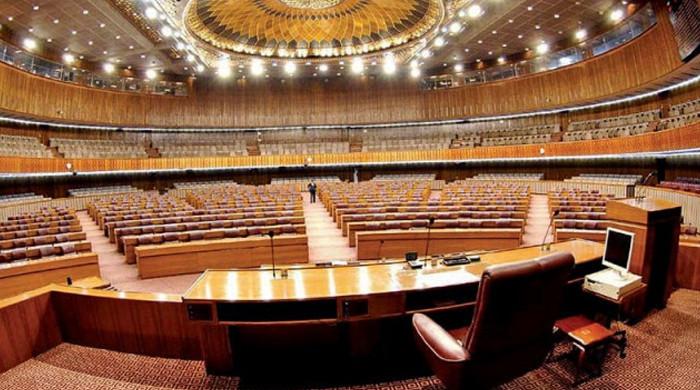Bill Introduced in National Assembly to Criminalize Unjust Eviction of Women
A proposal to criminalize the unjust eviction of women from their residences was presented in the National Assembly on Tuesday. The Criminal Law (Amendment) Bill 2025 aims to safeguard women’s housing rights.
Pakistan People’s Party MNA Sharmila Faruqui introduced the bill, suggesting penalties for husbands or any household members who unlawfully evict a woman from her home. Those found guilty could face imprisonment between three to six months, along with a fine reaching up to Rs200,000.
According to the proposed legal change, a magistrate of the first class would preside over trials related to such offenses. The initiative seeks to revise various sections of the Pakistan Penal Code, enhancing legal protections for women against unwarranted displacement.
The deputy speaker has directed the relevant committee to review the bill.
The bill highlights a crucial void in the current legal framework protecting women within their homes. According to the bill’s text, numerous Pakistani women are at risk of forceful removal from their homes because of power dynamics and deeply entrenched cultural norms that often favor male authority.
The bill asserts that this legislation would empower women, ensuring their entitlement to security and safety within their residences.
“By providing women with judicial avenues, it fosters their ability to confront domestic mistreatment without the looming threat of displacement, cultivating a setting conducive to dignified and equitable living.”
The proposed modification represents a substantial stride in reshaping societal attitudes by questioning established gender norms and mandating accountability for husbands’ conduct.
“By criminalizing the act of unlawfully evicting a spouse, the legislation conveys a resounding message that such actions are unacceptable and will be met with consequences,” the bill stated.
“This could broaden understanding of women’s entitlements within families and communities, encouraging important discussions and advancing empowerment.
The potential legal repercussions for offenders will also serve as a preventive measure, aiding in the creation of safer environments for women and nurturing a culture of respect and equality in interpersonal relationships.”



Comments (0)
No comments yet. Be the first to comment!
Leave a Comment